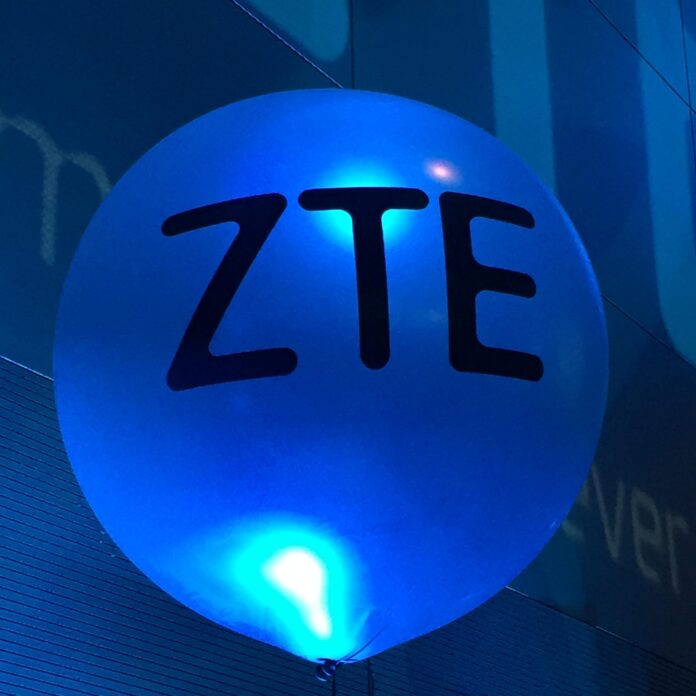The White House said the attempt by a bipartisan group of senators to block the deal would violate the Constitution’s separation of powers
The Trump administration said it will seek to block an attempt by a bipartisan group of senators trying to reinstate a seven-year export ban on Chinese vendor ZTE, in spite of a Department of Commerce deal with the company.
Earlier this week, press reports confirmed that an amendment to the National Defense Authorization Act, sponsored by Senators Tom Cotton (R-Ark.), Chris Van Hollen (D-Md.) and Chuck Schumer (D-N.Y.), would reinstate the ban on ZTE buying components from U.S. tech companies.
“These companies have proven themselves to be untrustworthy,” said Cotton. “At this point, the only fitting punishment is to give them the death sentence. That is to put them out of business in the United States.”
Van Hollen added that ZTE is “a multiple and flagrant violator of US sanction laws and we can’t let them off the hook with the slap on the wrist”.
However, Deputy White House Press Secretary Hogan Gidley suggested that congressional attempts to intervene violate the U.S. Constitution’s separation of powers.
“The massive penalties imposed on ZTE are part of a historic enforcement action taken by the Department of Commerce,” Gidley said in a statement. “This will ensure ZTE pays for its violations and gives our government complete oversight of their future activity without undue harm to American suppliers and their workers. The administration will work with Congress to ensure the final NDAA conference report respects the separation of powers.”
The House version of the defense bill, which has already passed, included a provision that would prevent the government from purchasing ZTE products – but it wouldn’t reinstate the sanctions against ZTE. The amendment re-instituting the ban was added to the Senate’s version of the bill, which could come up for a vote as soon as this week.
That seven-year ban was imposed by the Department of Commerce’s Bureau of Industry (BIS) and Security in March, after the Chinese company allegedly did not live up to the terms of an agreement that had been worked out after it illegally shipped telecom equipment to Iran and North Korea. In early May, ZTE said it had ceased its major operating activities due to the export ban.
On June 8, the Trump administration reached an agreement with ZTE under which the U.S will suspend the ban. Under the current terms of the agreement, the Chinese company must replace the boards of directors of two corporate entities (ZTE Corp. and ZTE Kangxun) within the next 30 days.
Additionally, all members of the company’s leadership at or above the senior vice president level also must be terminated, as well as any executive or officer tied to the export violations which led to the U.S sanctions.
In a recent filing, the Chinese vendor said it will pay a $1 billion to the U.S. government as part of a settlement agreement, as well as an additional $400 million in escrow. ZTE will also replace its entire board of directors, as well as the board of subsidiary ZTE Kangxun, and create a compliance committee, the company added.
In the filing, ZTE also said it would resume operating activities as soon as practicable after BIS terminates the Denial Order.
In addition, ZTE proposed to allow the board to apply for a $10.7 billion credit line, including a 30 billion yuan ($4.69 billion) from Bank of China and $6 billion from China Development Bank. ZTE also resumed trading in Hong Kong and Shenzhen after it had suspended operations due to the Denial Order.

